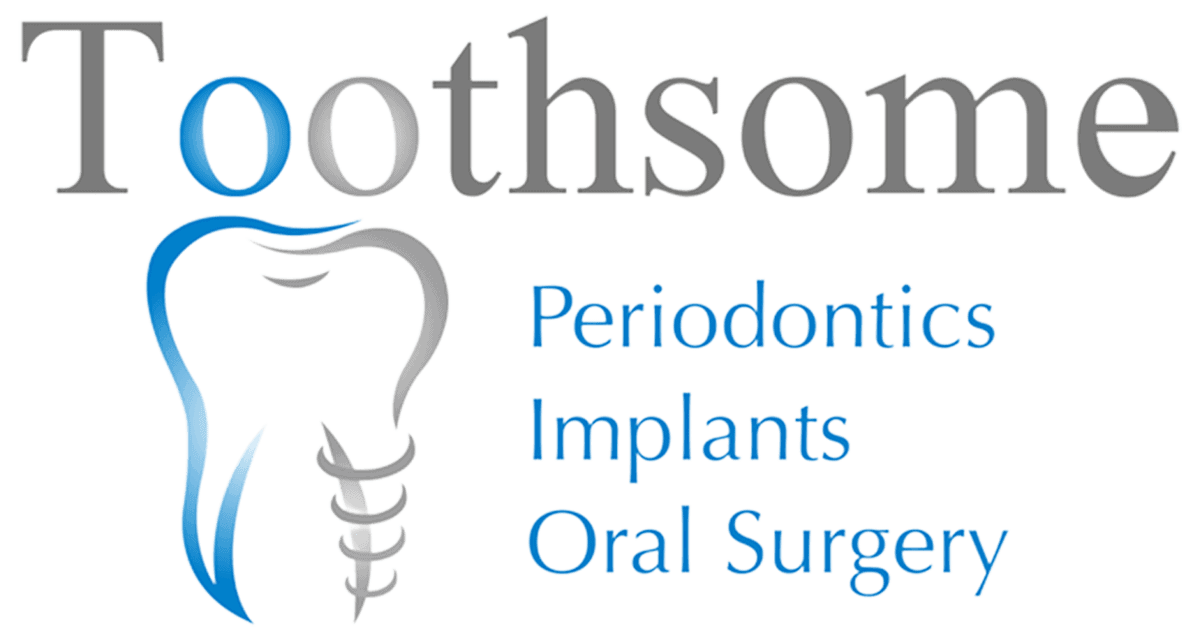Due to their biocompatibility and successful osseointegration, ceramic implants provide a lasting solution for tooth replacement. They mimic natural teeth, reducing the risks of allergies and supporting oral health.
While durability compared to metals might vary, proper care can ensure similar longevity. Understanding the long-term viability of ceramic implants involves considering their benefits, drawbacks, and crucial factors for success. Conclusive knowledge on this topic is vital for informed decision-making in dental care.
How Long Do Ceramic Implants Last?
Ceramic dental implants last 10-20 years with proper care. The implants are the longest-lasting tooth replacement option, but the crowns on them last only 15-20 years. A well-maintained diet and a good oral care routine can help the ceramic implant last longer.
Benefits of Ceramic Implants
Ceramic implants offer a multitude of advantages over traditional metal implants in the field of dentistry. Made from materials like zirconia, these implants are biocompatible, promoting excellent healing and long-term viability. One of the key benefits of ceramic implants is their natural appearance, blending seamlessly with the patient’s existing teeth for an aesthetically pleasing result. Furthermore, ceramic implants have shown a high success rate in promoting oral health through osseointegration, where the implant fuses with the jawbone to provide a stable foundation for replacement teeth.
Ceramic implants are gaining popularity as an alternative to titanium implants because of their unique properties. They offer patients a durable solution while reducing the risk of potential allergic reactions often associated with metal implants. The biocompatibility of zirconia implants contributes significantly to their success, making them a reliable choice for individuals seeking a more natural-looking and healthy dental restoration option.
Biocompatibility and Tissue Integration
With a focus on biocompatibility and tissue integration, the effectiveness of ceramic implants in promoting oral health and longevity is paramount in modern dentistry. Ceramic implants are known for their excellent biocompatibility, meaning they are well-tolerated by the body without causing adverse reactions. This is crucial for the patient’s overall health and the implant’s long-term viability. When ceramic implants are placed, they integrate well with the surrounding bone structure and gum tissue, promoting a strong foundation for the restoration. This seamless integration not only ensures the implant’s stability but also supports the smile’s natural appearance.
Moreover, the healing process with ceramic implants is usually smooth, leading to quicker recovery times and enhanced patient comfort. This aspect plays a significant role in providing quality dental care and ensuring patient satisfaction. By prioritising biocompatibility and tissue integration, ceramic implants contribute to the overall success of dental implant treatments and improve oral health outcomes.
Potential Drawbacks to Consider
Considering the clinical application of ceramic implants, it is important to acknowledge potential drawbacks that may impact their long-term viability and effectiveness in dental treatments.
While ceramic implants offer many advantages, such as excellent biocompatibility and aesthetics, some considerations must be considered.
One potential drawback is the material’s strength compared to traditional titanium implants, which could lead to fractures under excessive pressure.
Additionally, the success rate of ceramic implants may vary based on individual oral hygiene practices, as these implants require meticulous care to prevent peri-implantitis.
Another factor to consider is the limited long-term data available on ceramic implants compared to titanium. Patients and practitioners must consult thoroughly before opting for this treatment.
Despite these potential drawbacks, with proper care and regular follow-ups, ceramic implants can still be viable for enhancing dental health and aesthetics.
Factors Influencing Long-Term Success
Factors influencing the long-term success of dental ceramic implants encompass various aspects ranging from patient compliance to material properties and implant design.
Patient compliance with post-operative care instructions, such as maintaining good oral hygiene practices and attending follow-up appointments, is crucial for the long-term success of ceramic implants.
Additionally, the quality and properties of the ceramic material used in the implants can significantly impact their longevity and performance within the oral environment.
Proper implant design, including considerations like surface texture and shape, can influence the implant’s integration with the surrounding bone tissue, affecting its stability and long-term viability.
Bone healing and osseointegration are essential factors for the success of dental implants. They ensure that the ceramic implant becomes securely fused with the jawbone for lasting support.
Comparing Longevity With Metal Implants
When evaluating the long-term viability of ceramic implants, comparing their longevity with metal implants provides valuable insights into the performance and durability of these two types of dental prosthetics. Research in dental health has shown that ceramic and metal implants have distinct characteristics that affect their longevity. Ceramic implants are known for their biocompatibility, reducing the risk of allergic reactions and inflammation in the surrounding tissues and promoting better oral health.
Conversely, metal implants are generally more durable and can withstand higher levels of pressure compared to ceramic ones. However, they may be more prone to corrosion over time.
Ceramic implants have shown promising results in terms of longevity, with some studies suggesting that they can last as long as metal implants when properly cared for. Patients considering dental implant options should consult with their healthcare providers to determine the most suitable material based on their needs and preferences.
Tips for Maintaining Ceramic Implant Health
Implementing a comprehensive maintenance routine is essential to ensure the longevity and optimal function of ceramic implants. Proper dental hygiene practices are crucial in maintaining the health of ceramic implants. Regular brushing with a soft-bristled toothbrush and flossing help to prevent plaque buildup around the implant area. It is also advisable to use non-abrasive toothpaste to avoid damaging the ceramic surface. Routine dental check-ups are essential for monitoring the health of the gums surrounding the implant and ensuring early detection of any issues that may pose a risk to the implant’s stability.
Patients with ceramic implants should be mindful of their dietary choices, avoiding hard foods that could potentially damage the restoration. If clenching or grinding teeth is a concern, a nightguard may be recommended to protect the implants from excessive force. By following these tips for maintaining ceramic implant health, patients can increase the longevity of their restorations and enjoy a functional and aesthetically pleasing smile for years to come.
Key Takeaways
Ceramic implants offer numerous benefits, including biocompatibility and tissue integration. While potential drawbacks must be considered, factors influencing long-term success must be taken into account.
Comparing their longevity with metal implants reveals promising results. Patients can ensure their continued viability by following tips for maintaining ceramic implant health.
If you want your ceramic implants to last long and be successful, you should consider choosing a specialist implant dentist in Chatswood in NSW 2067. They can provide you with expert care and guidance. Your smile deserves the best, make the choice that lasts a lifetime.



